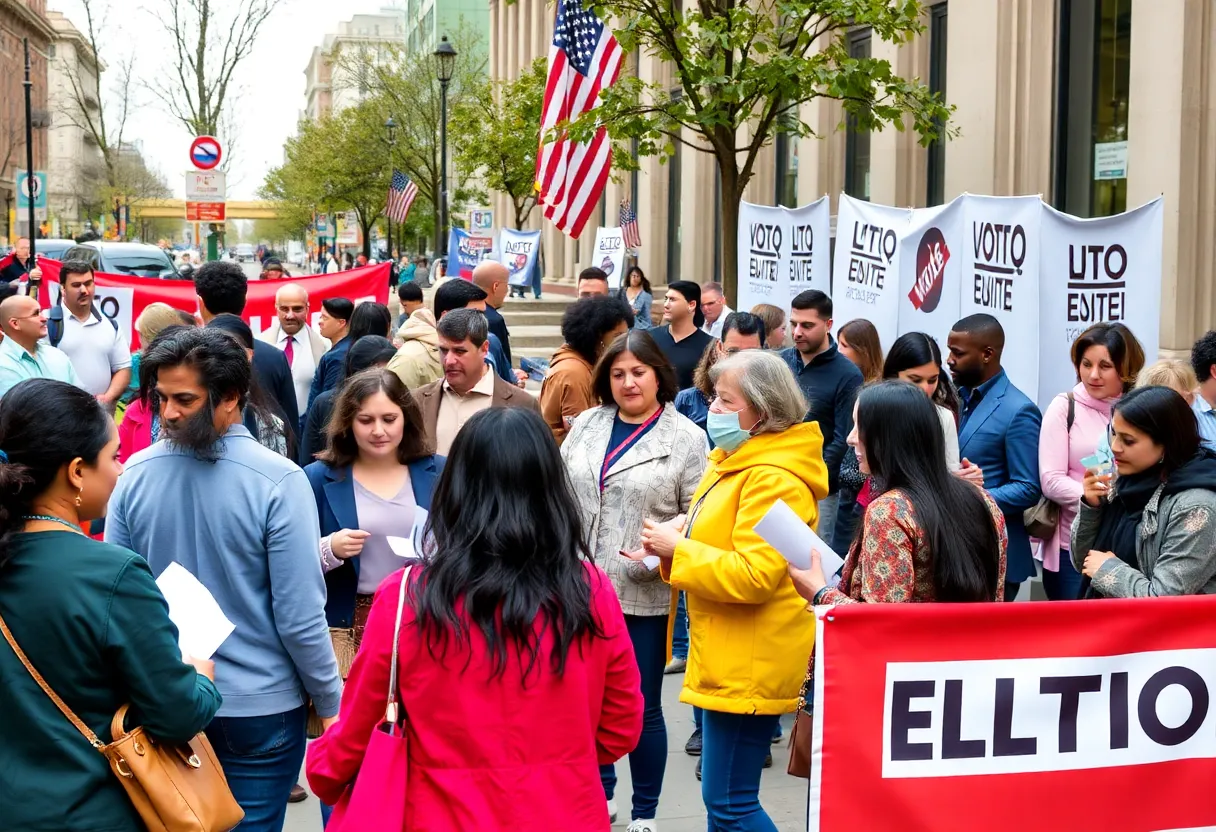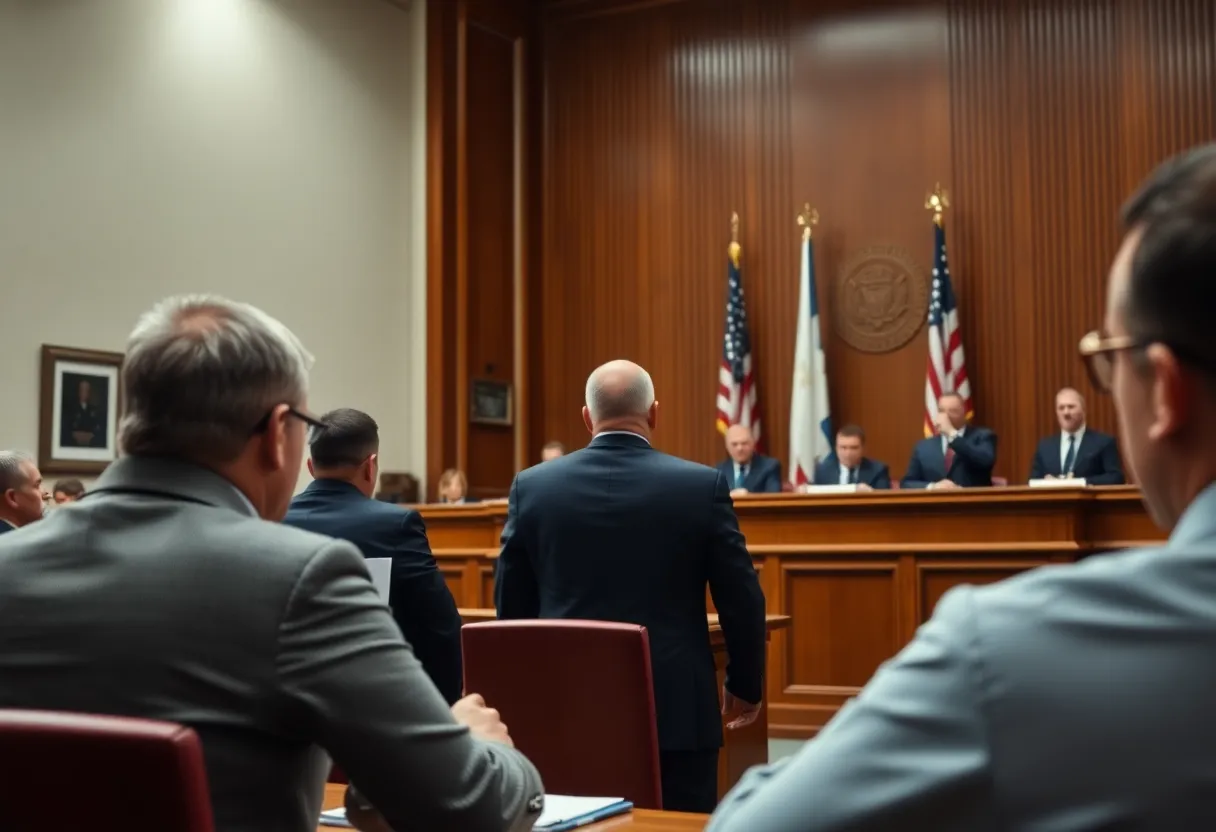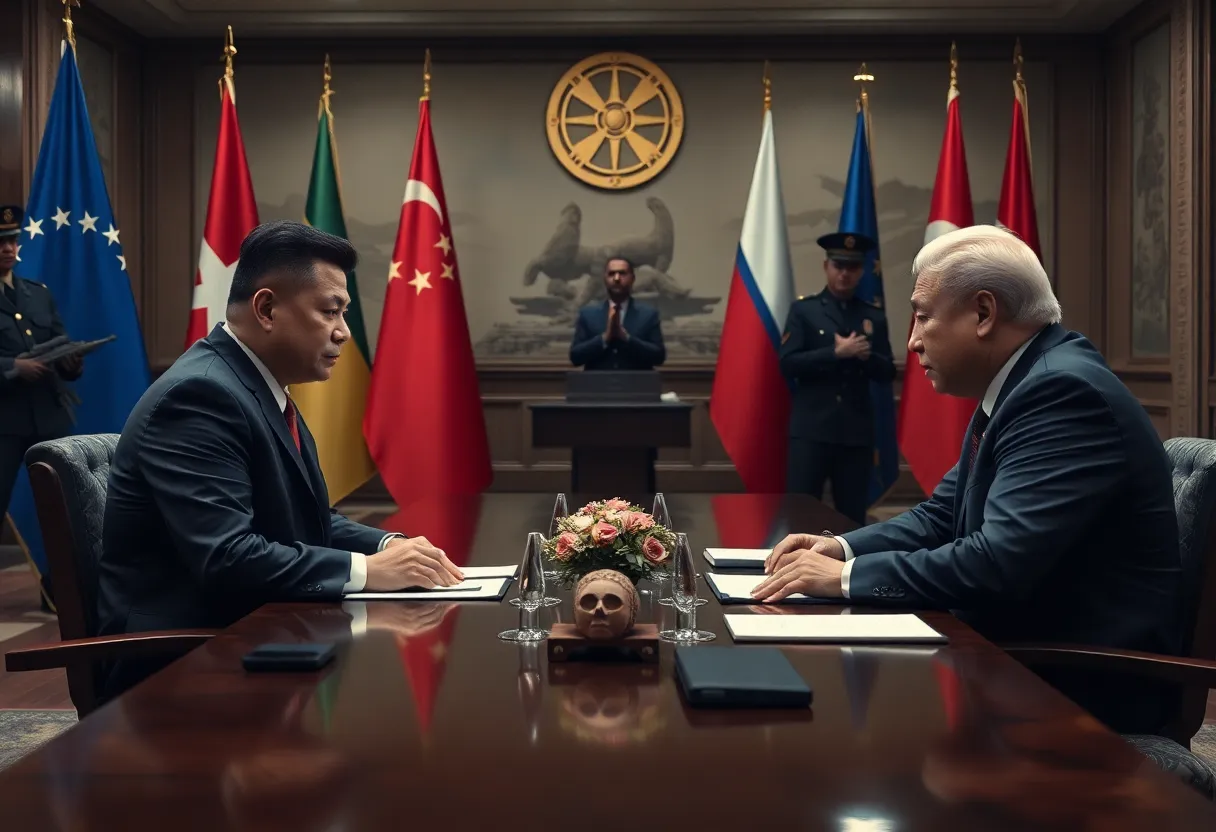News Summary
Starkville recently held a documentary screening to address the town’s journey through school desegregation. Contrary to many Southern towns, Starkville integrated without major violence. The event highlighted personal stories and the ongoing legacy of integration, as well as the essential role of community in fostering unity. While progress has been made, there is still work to do for true racial equality. This discussion illuminates the community’s struggle and hopes as they reflect on their past and strive for an inclusive future.
Starkville’s School Desegregation: A Complex Legacy Explained
Welcome to Starkville, a town with a rich history that has faced its fair share of challenges and triumphs. Recently, the city took a big step towards unpacking its complicated past with a documentary screening and discussion focused on school desegregation. Reflecting on events nearly 50 years ago, this event brought together a community that continues to wrestle with the legacy of integration.
Understanding the Past
Unlike many other Southern towns that faced violence during integration, Starkville had a different journey. In 1970, a federal court order mandated the integration of schools, and a community vote determined how this process would unfold. Surprisingly, instead of chaos, Starkville managed to integrate without major violence, distributing teachers by lottery and merging Black and white students with relative peace. However, the city didn’t get to a place of full integration until much more recently—2015, to be specific—when the city schools finally consolidated with county schools.
Personal Stories Take Center Stage
The documentary screening—“Mississippi Turning: The Pivotal Role of School Desegregation in a Southern Town”—was created by a high school student named Walt Giesen and even earned national recognition by placing eighth in a prestigious film competition. It tells the stories of those who lived through desegregation, and the emotional scars many still carry. For some attendees, like Ann Rice, a graduate of Starkville’s first integrated class, the memories are bittersweet. Having once attended the all-Black Maben High School, she witnessed the burning of it during the very year that integration was underway. This traumatic ordeal still weighs heavily on her and others who experienced similar moments during the transition.
A Tribute to Unity
The event also paid tribute to Chris Taylor, a dedicated member of the Unity Park Committee who advocated for community cohesion before his passing in 2024. The atmosphere was filled with shared stories from those who lived under segregation, revealing deep-rooted feelings that remain relevant today. It’s remarkable to think that before the court-ordered integration, only 3% of Black students chose to move to white schools, and there were no voluntary transfers in the opposite direction. This stark reality paints a vivid picture of the resistance and challenges that colored the movement towards integration.
Football and Community Spirit
Interestingly, Starkville’s football teams played a crucial role in easing racial tensions. Even before official integration, these teams merged, fostering friendships among players across racial lines. Many believe that this laid the groundwork for a more cooperative atmosphere in the community. Alderman Henry Vaughn highlighted this merger as a positive step towards integration, emphasizing the joy of playing together on the field, regardless of skin color.
Looking Forward
Despite the progress made, there’s still work to be done. Bob Fuller, who heads the education department at a local university, pointed out that some children in Starkville still don’t have the opportunity to interact with peers from different backgrounds. It’s a stark reminder that while history moves forward, the journey toward racial equality in Starkville is ongoing.
Children Know No Boundaries
Underlying the discussions at the event was a powerful message: children have an instinct to play, befriend, and connect with one another, often transcending the racial barriers that adults impose. Attendees ranged from community leaders to individuals deeply affected by the integration process, all sharing a hopeful belief that the children of today possess the natural camaraderie that can bridge divides.
With conversations like these, Starkville is on a path to understand its history better, acknowledge the pain, and work together as a community towards a more inclusive future. After all, facing the past may just be the first step to moving forward together.
Deeper Dive: News & Info About This Topic
HERE Resources
Starkville Hosts Black History Month Documentary Screening
Additional Resources
- C Dispatch: Starkville’s Desegregation
- Clarion Ledger: MSU’s First Black Student
- C Dispatch: Black History Month Event
- Magnolia Tribune: DOJ and School Desegregation
- Clarion Ledger: Community Memorial
- Wikipedia: Desegregation in the United States







